Now Reading: April Fools’ Day: Origins and Top Pranks Uncovered
-
01
April Fools’ Day: Origins and Top Pranks Uncovered
April Fools’ Day: Origins and Top Pranks Uncovered

Fast Summary:
- Date and Occasion: April Fools’ Day, celebrated on April 1st, is associated with pranks and lighthearted trickery.
- Origins:
– Historians trace the tradition to the 16th century, particularly France’s switch from the Julian to Gregorian calendar in 1582.Those unaware of the change continued celebrating New Year in late March/early April and were ridiculed as “April fools.”
– Other theories link it to Roman festivals like Hilaria or springtime customs tied to renewal and mischief.
- Traditions Across Countries:
– In France (“Poisson d’Avril”), people stick paper fish on others’ backs.
– In scotland (“Huntigowk day”), people are sent on foolish errands.
- Media Role: Traditionally,media outlets have played a significant role by publishing fake stories.Notable examples include:
– BBC’s “spaghetti trees” hoax (1957).
– Google’s innovative yearly pranks such as “Google Nose.”
– Taco Bell’s faux purchase of the Liberty Bell (1996).
- Modern-Day Pranks: The internet and social media have expanded prank culture globally. emphasis remains on keeping jokes harmless.
Image Caption: Fun-filled origins of April Fools’ Day | Image credit: Unsplash
indian Opinion Analysis:
The enduring nature of cultural events like April Fools’ Day speaks to humanity’s global need for humor in everyday life-something India deeply resonates with through its rich traditions of storytelling and satirical performance arts. While not native to Indian culture, such global practices reflect creativity aligning well with India’s growing social media audience where ‘harmless trolling’ is commonplace.
As digital connectivity grows within India, companies experimenting with witty campaigns could see increasing consumer engagement during days like these while navigating ethical boundaries so jokes avoid causing offense-a challenge across diverse demographics. this day thus carries potential not merely for entertainment but also meaningful lessons about thoughtfulness when crafting humor.Read More

























